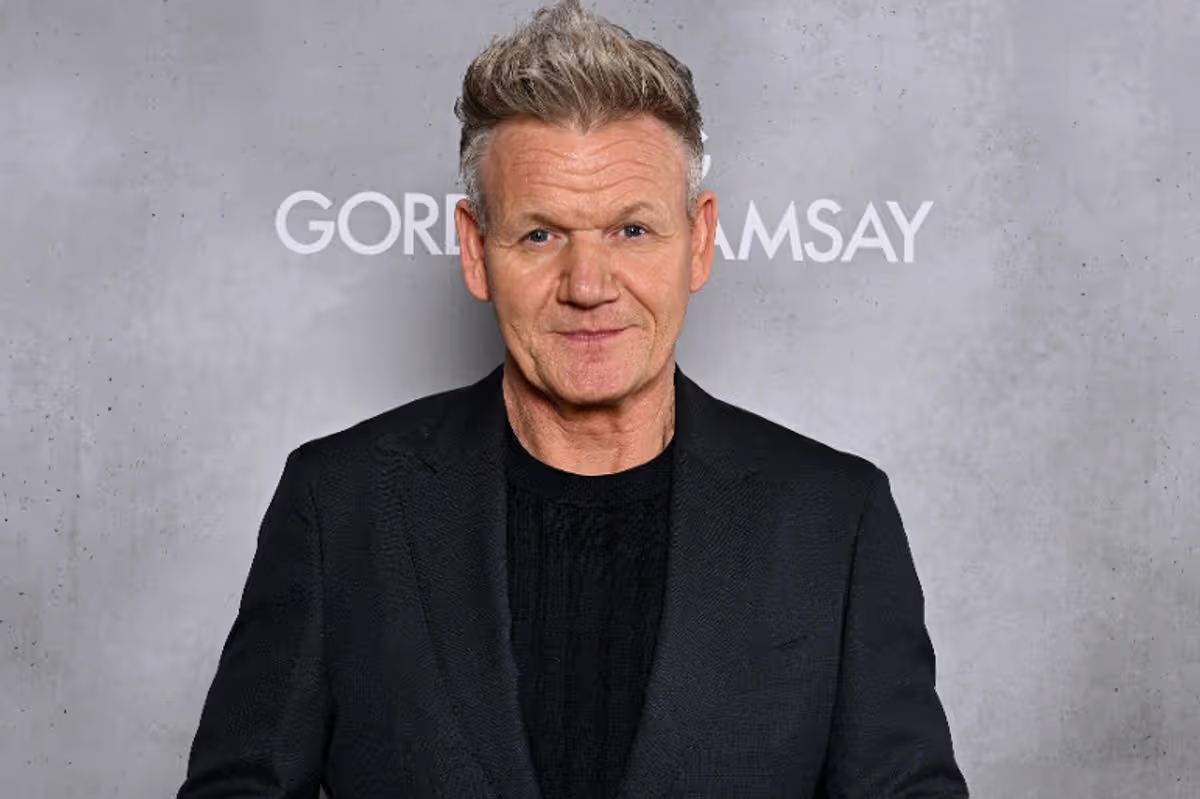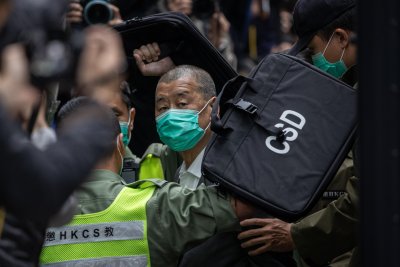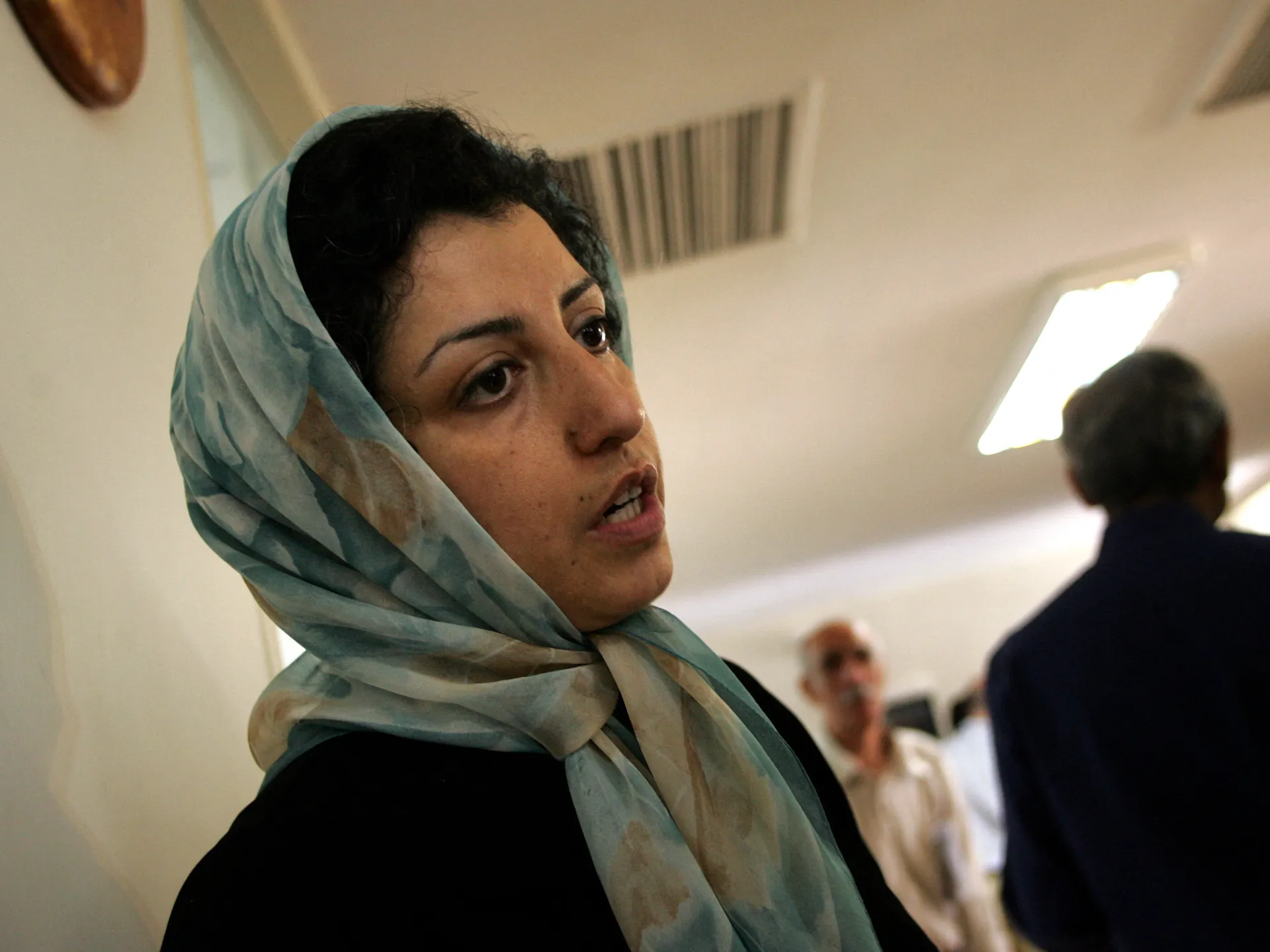With Gordon Ramsay’s new Netflix docu-series accused of being a “sanitised” version of the celebrity chef’s family life, there are some key parts of his past that were completely missed out
Following the release of Being Gordon Ramsay on Netflix, the celebrity chef has been accused of portraying a ‘sanitised’ version of his life.
And although the six-parter mainly follows the opening of his ambitious 22 Bishopgate venture, the Hell’s Kitchen star does delve into parts of his past – including the “mess” he was born into, and his abusive father.
But there are some murkier elements of Gordon and his family’s history that were glossed over in the documentary. The docu-series is described by Netflix as “unflinchingly honest” – but some have criticised the absence of some major incidents from the Ramsays’ past.
Ensure our latest headlines always appear at the top of your Google Search by making us a Preferred Source. Click here to activate or add us as your Preferred Source in your Google search settings.
Prison sentences
The Ramsay family was rocked by a devastating betrayal in 2017, when it was revealed that certain members of Tana’s family had attempted to hack into multi-millionaire Gordon’s business accounts. Christopher Hutcheson, 77, and his sons, Adam and Christopher, admitted they had plotted to access his emails and finances almost 2000 times over a five-month period from October 2010 to March 2011.
It came after Tana’s dad was sacked as CEO of Gordon Ramsay Holdings Ltd, leading to a public fallout with his son-in-law. Between the three of them, they had managed to obtain information – including claims of a hair transplant and a fishing trip – which then later appeared in newspapers. After their crime was uncovered, Hutcheson Sr emailed his son saying: “Guess we have been rumbled. Bit late though..
Despite the family making up and Tana and Gordon not supporting the court case, the judge still deemed a prison sentence necessary. Tana’s dad was handed a six-month sentence, while Adam and Chris Jr. were each sentenced to four months suspended for two years.
Affair claims
It’s been widely reported that Sarah Symonds, claimed she was seeing Gordon for seven years, after meeting in 2001. Something he has always denied. Sarah, now 56, was was once dubbed a “professional mistress”, having had affairs with other married men, including politician Jeffrey Archer.
Sarah, who published the book Having an Affair? in 2007, ranted to the Daily Mail: “The title of the docu-series ‘Being Gordon Ramsay’ is totally fake – just like him.
“It’s misleading and disingenuous. A travesty in fact, as nothing about it was ‘Being Gordon’ at all.” She added the show is a “glossed over” version of Gordon, who she describes as a “bully, cheat, liar and serial philanderer”. Sarah said that the Netflix description of the show as “unflinchingly honest” makes her want to scream, adding that she is “trying to heal” from the trauma of her affair. Ramsay has denied ever having had an affair.
Ramsay’s brother
Gordon Ramsay was born in Glasgow, and lived on different council estates in the city, in Birmingham and in other areas of the UK. He does mention his younger brother Ronnie in the series, telling viewers when pressed that he is a heroin addict, but we don’t meet Ronnie.
He says: “We shared a bunk bed together. He’s 15 months younger than me, and he’s been an addict for the last four decades. I’ve gone to hell and back with him, and so I have a guilt complex. That could have been me. It could’ve been switched.”
Gordon has spoken more about Ronnie previously. It was revealed that back in 2007, he was arrested in Bali, after 100mg of heroin was reportedly found in his pocket, landing him a 10-month jail term. Speaking in the early 2000s to Waitrose Food Illustrated magazine, Gordon said: “I feel the pain, I feel it big time. I don’t think that my mum at 60 should still be putting up with it.
“It is hard dealing with Ronnie. He is a major responsibility. It is like having an 18-year-old to look after.” He also revealed, prior to the documentary, to the Mail that Ronnie had asked to perform at his daughter Holly’s wedding.
Gordon explained: “It was tough. It still pains me. He said: ‘Hey, have you got a music gig for the wedding? I’m free.’ I put down the phone and I said to Tana, ‘F**king hell, here we are in the house we sleep in and there’s my little brother still with two pit bulls in a council flat in Birmingham, busking.'”
Holly and Adam Peaty’s family feud
Gordon’s eldest daughter, Holly, and her new husband, Adam Peaty, were embroiled in a bitter family feud with the groom’s family in the lead-up to their wedding in December. The couple sensationally ended up uninviting all of Adam’s family, except for his sister Bethany, who was one of Holly’s bridesmaids.
The Netflix documentary makes no mention of the tension, although it does show scenes from the couples’ engagement party. According to Adam’s family, they were all cut from the show, despite being there to celebrate Adam’s proposal to Holly.
His mum, Caroline, and his cousin, Krystal, have claimed they were removed from scenes from Adam and Holly Ramsay’s engagement party. They reportedly made a number of touching speeches as part of the event, but these weren’t shown.
The pair vented on social media, with Krystal sharing a photo of her watching the engagement party scene on the doc. She said: “I was here in person, guess I didn’t make it on Netflix for my minute of fame.”
She sarcastically added: “How will I sleep at night?” And Adam’s mum Caroline shared a response in the comments section, asking: “Did they film my speech Krystal?”
She went on: ““I bet they didn’t because it was 100% full of love and positivity x.” Krystal replied: “I haven’t watched it all to be honest but no I haven’t see you and you look blurred out xx.”
Like this story? For more of the latest showbiz news and gossip, follow Mirror Celebs on TikTok , Snapchat , Instagram , Twitter , Facebook , YouTube and Threads .




